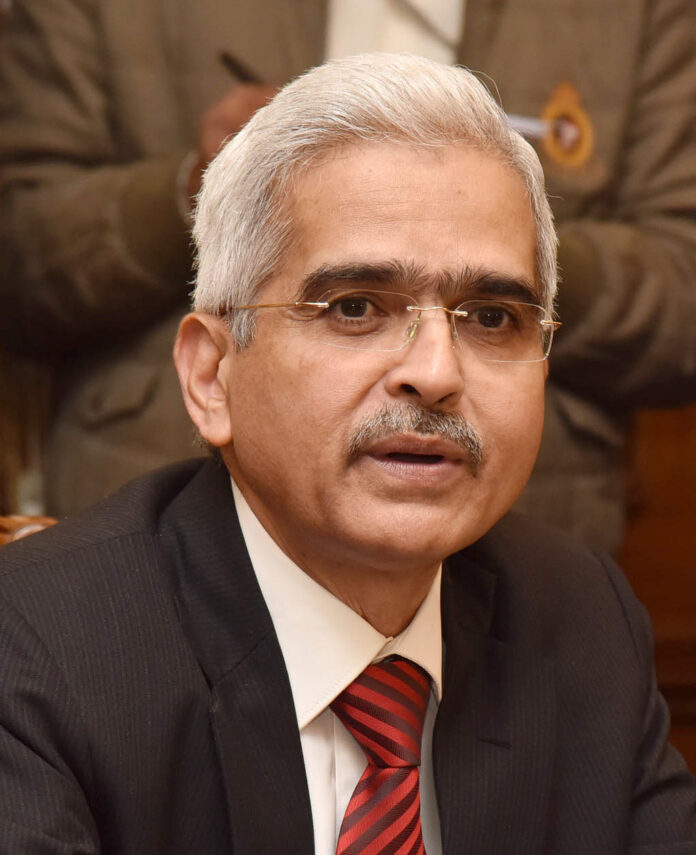
In a recent development that has sparked national pride, Shaktikanta Das, the Governor of the Reserve Bank of India (RBI), has been ranked among the top three global central bankers. This recognition underscores not only Das’s leadership but also India’s growing stature in global economic governance. Prime Minister Narendra Modi has lauded Das’s achievements, reflecting a broader appreciation of his contributions to India’s financial stability and growth. This article delves into the significance of this accolade, the context of Das’s role, and the broader implications for India.
Shaktikanta Das’s Achievement
Shaktikanta Das’s ranking among the top three global central bankers is a remarkable acknowledgment of his effective stewardship of India’s monetary policy. Das, who has been at the helm of the RBI since December 2018, has guided the central bank through a period marked by unprecedented challenges including the COVID-19 pandemic, global economic volatility, and domestic financial pressures.
His tenure has been characterized by a series of strategic interventions aimed at stabilizing and stimulating the Indian economy. Under his leadership, the RBI has adopted a balanced approach to monetary policy, focusing on inflation management while supporting economic growth. Das’s policies have included rate cuts to stimulate demand, measures to enhance liquidity, and regulatory adjustments to ensure financial stability.
Modi’s Praise and Its Implications
Prime Minister Narendra Modi’s praise for Das is significant. Modi, known for his focus on economic reforms and growth, has often highlighted the importance of strong leadership in financial institutions. By acknowledging Das’s achievements, Modi is not only celebrating individual success but also reinforcing the notion that India’s economic strategy is being guided by capable hands.
Modi’s endorsement reflects a broader governmental strategy to highlight India’s progress on the global stage. It reinforces the image of India as a rising economic power, capable of producing and nurturing world-class talent in critical sectors. This acknowledgment can enhance investor confidence, boost India’s global economic reputation, and provide a positive signal to both domestic and international stakeholders.
The Impact of Das’s Leadership
Das’s approach to monetary policy and financial regulation has been marked by a pragmatic response to changing economic conditions. Some of his notable contributions include:
- Navigating the Pandemic: During the COVID-19 pandemic, Das and the RBI were instrumental in implementing measures to cushion the economic impact. This included reducing interest rates, providing liquidity support to the banking sector, and introducing moratoriums on loan repayments.
- Promoting Financial Inclusion: Das has championed initiatives aimed at increasing financial inclusion and digital banking. The RBI under his leadership has pushed for greater use of digital payments and improved access to banking services in rural areas.
- Strengthening the Banking Sector: Das has overseen significant reforms in the banking sector, including measures to address non-performing assets (NPAs) and enhance the regulatory framework to ensure greater transparency and resilience.
- Fostering Economic Growth: By balancing inflation control with measures to support growth, Das has managed to navigate the RBI’s policy stance in a way that supports both short-term economic recovery and long-term stability.































